February 2023
-

The Path from Alienation to Exploitation
•
Karl Marx’s critique of capitalism is still relevant today, as many of the issues he identified remain unresolved. In particular, Marx’s analysis of the exploitative nature of capitalism, in which workers are paid less than the value of their labor, and capitalists profit by appropriating the surplus value created by…
-
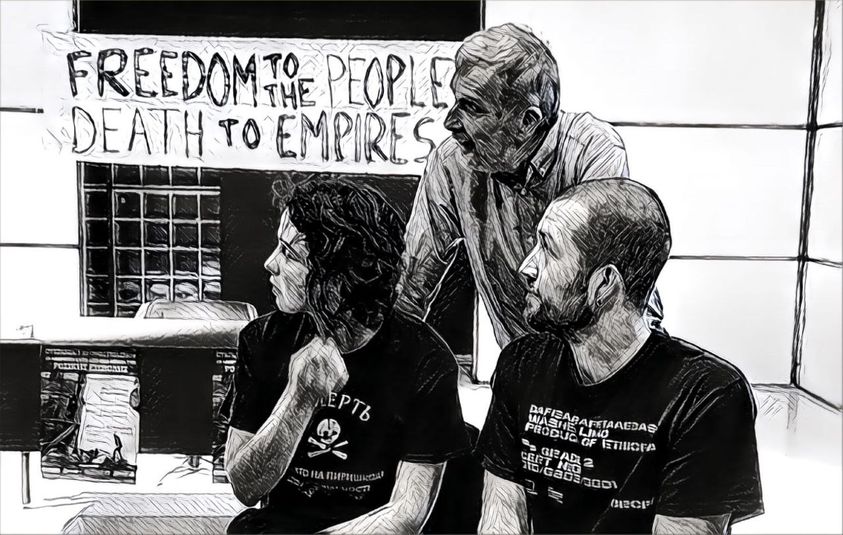
Voices from the Front Lines: Stories of Resistance
•
On February 24th, it will have been one year since the Russian army’s full-scale invasion of Ukraine, which has resulted in ongoing bloodshed that continues to shock us all. In light of this anniversary, it is critical to provide a platform for those who have been at the forefront of…
-
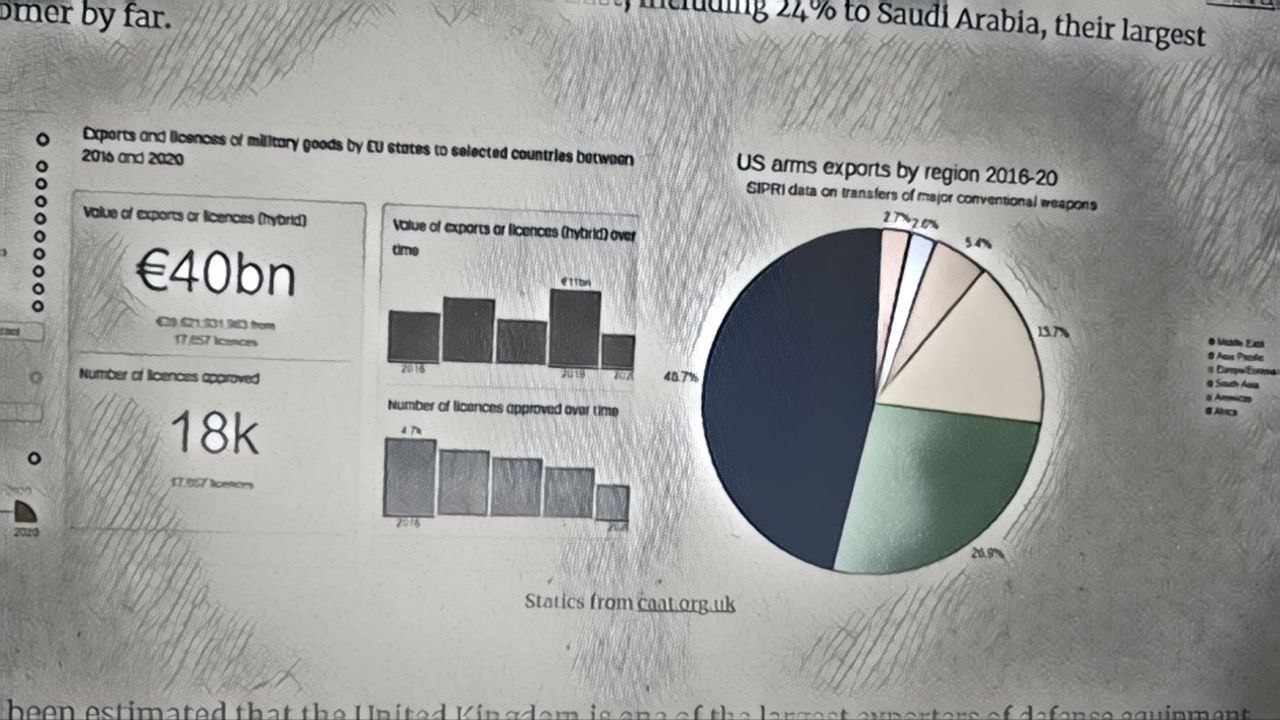
The Middle East: An Epicenter of Arms Trade
•
As is to be expected, the arms and oil trades have become the lifeblood of the Middle East, with great powers like the United States, Russia, and China vying for a piece of the pie. Indeed, the lion’s share of arms exports to the region can be attributed to these…
-
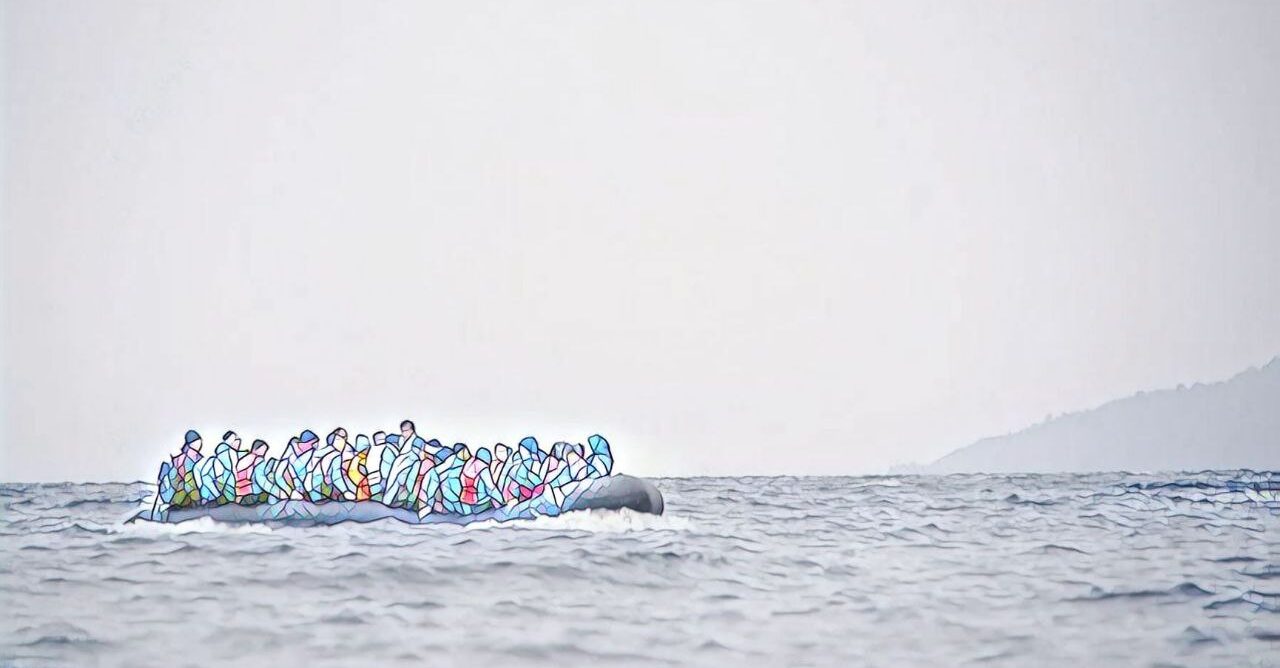
Pushbacks and Human Rights Abuses:
A Critical Look at Strengthening EU Borders•
The question of migration has been at the forefront of public discourse for many years. The migration of people from their countries of origin to other parts of the world has been a part of human history for as long as civilization has existed. However, the issue has taken on…
-
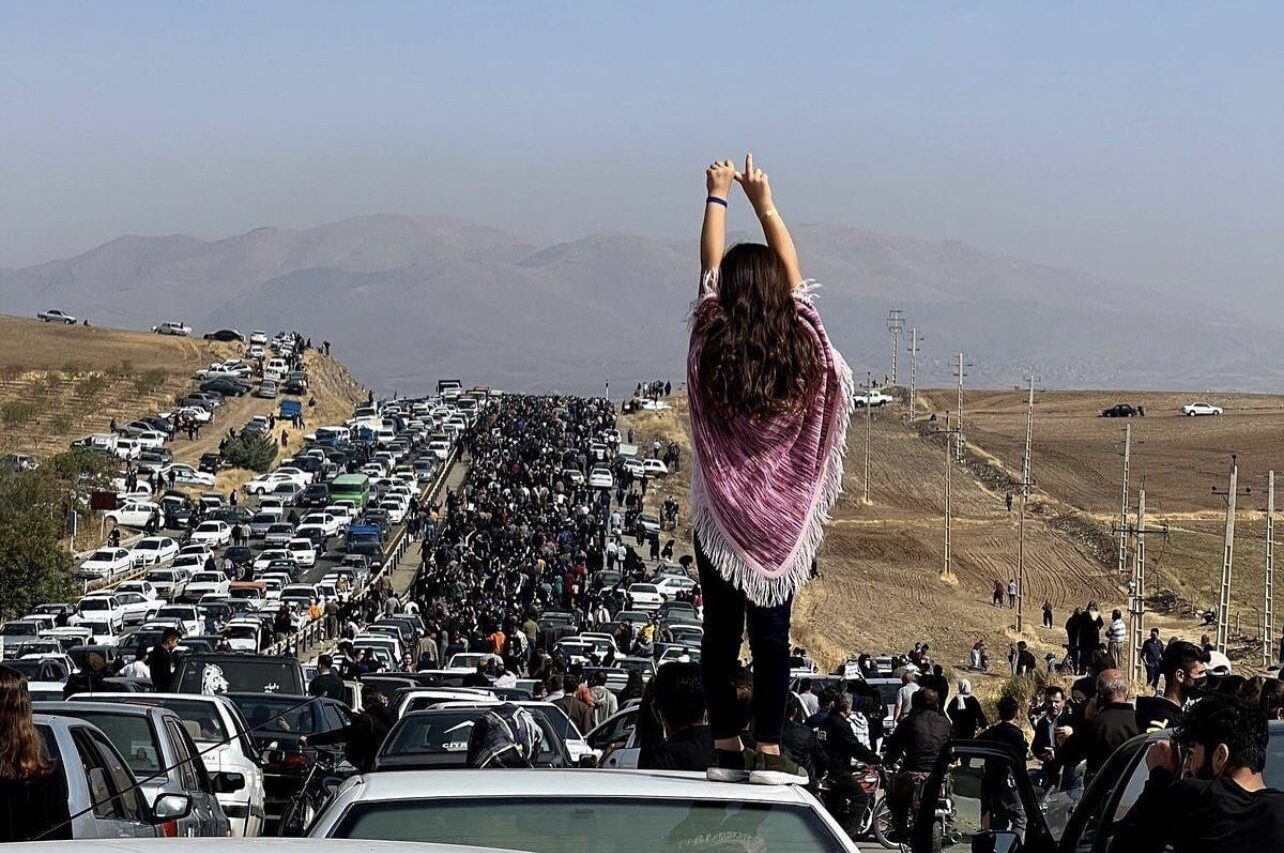
A New Vision for Iran:
The Charter of Change•
The demands presented in this charter encompass a range of social, political, and economic changes necessary for Iran. These demands seek to establish rights such as free expression, equal opportunities for women and LGBTQ+ community, better working conditions, job security, and an end to discrimination and corruption. The signatories of…
-
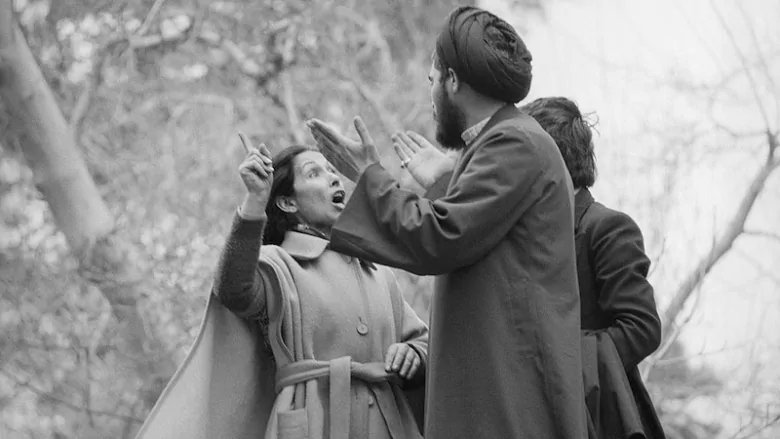
The Emergence of Islamic Reaction:
A Look at Iran’s Pre-Revolutionary Years•
This text discusses the impact of the 1979 revolution in Iran on the country’s political, intellectual, and cultural space, as well as the transformation of the left in Iran. The revolution was a widespread and spontaneous movement driven by the demands and rights of the people, and was not the…
-
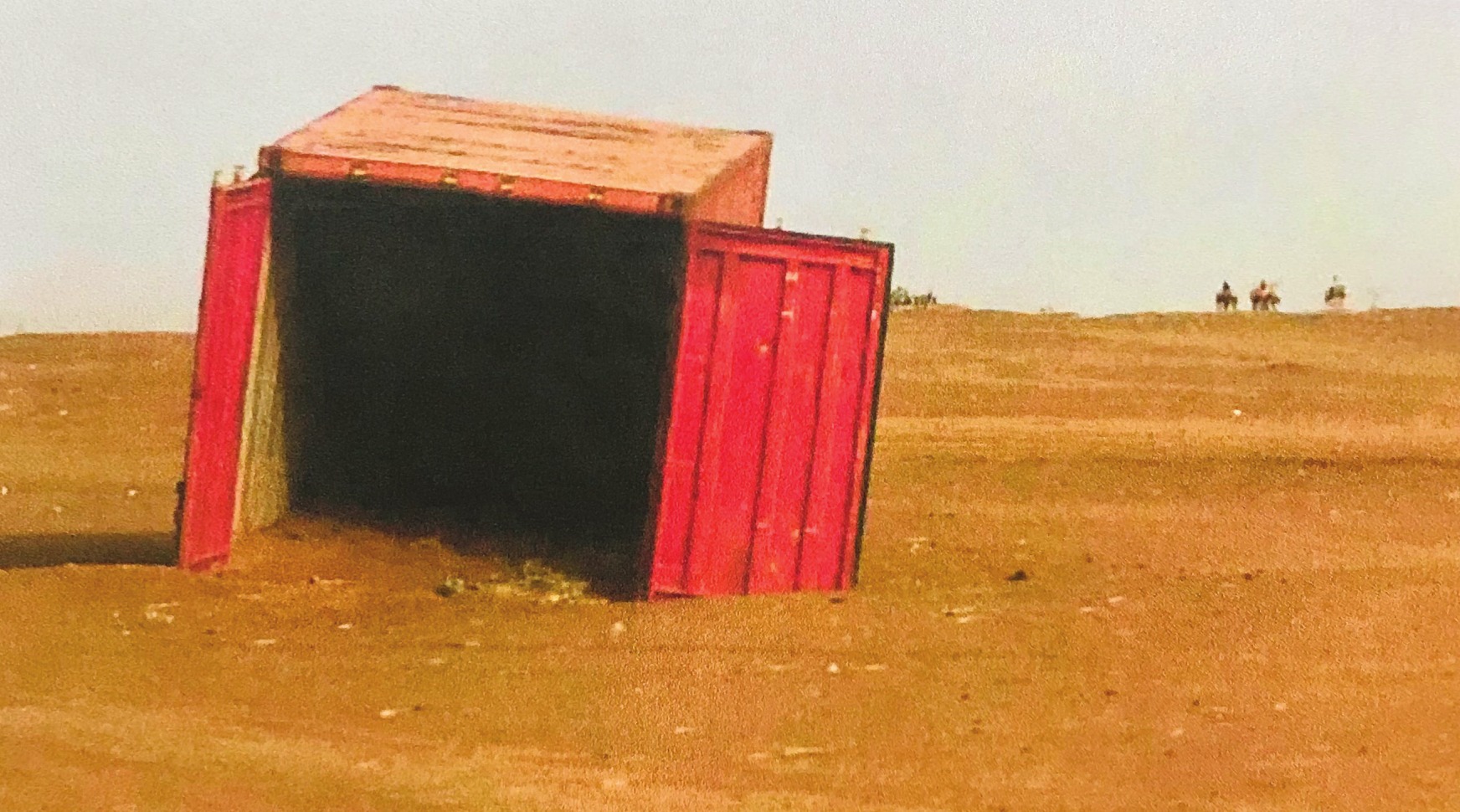
The Slave Trade by Fuel of EU Policy
•
Refugees, particularly Eritreans, landing in Libya face a grim reality of trafficking, enslavement, and widespread abuse, including sexual violence, often to extort ransom payments from their families. Those who manage to escape from detention centers and reach the Mediterranean face the risk of interception and forced return to Libya or…
-
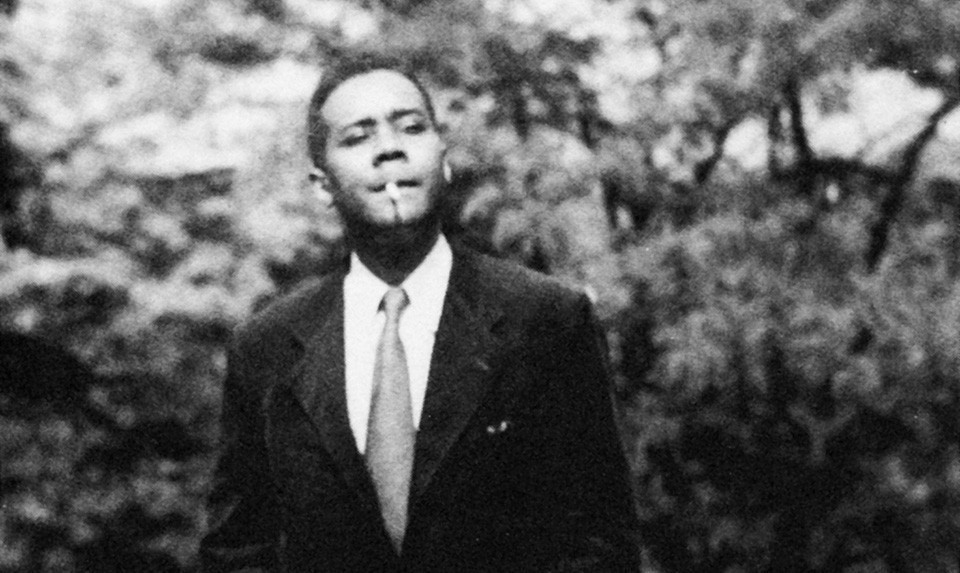
Migration, Capitalism, and Imperialism:
The Transnational Vision of C. L. R. James•
C. L. R. James, also known as Cyril Lionel Robert James, was a Trinidadian-British Marxist theorist, historian, and cultural critic who made significant contributions to the study of colonialism, slavery, and the African diaspora. Born in 1901, James spent much of his life traveling and writing, and his ideas have…
-
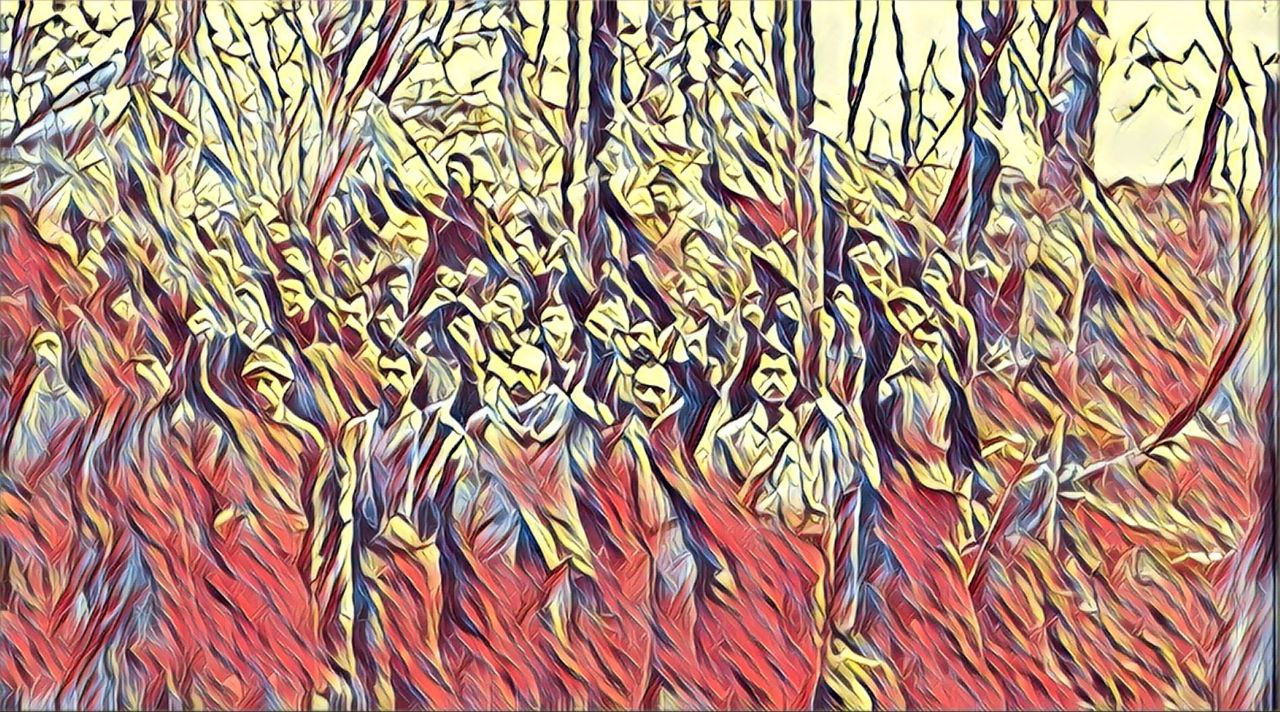
Uncovering the Truth;
The 1980s Purge of Iran’s Leftists•
In the 1980s, following the Iranian Revolution, a wave of repression and violence was directed against leftist political opponents by the newly established Islamic Republic. This included the execution of many left-wing political prisoners, who were seen as threats to the new regime. The exact number of political prisoners executed…



